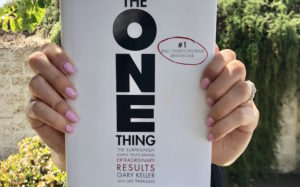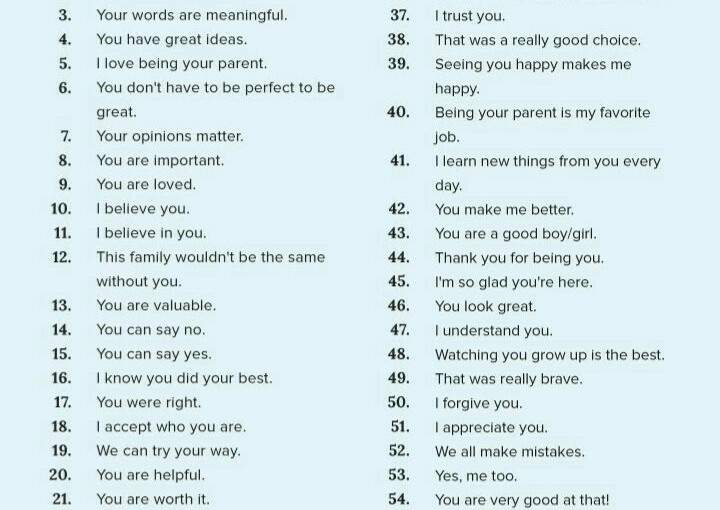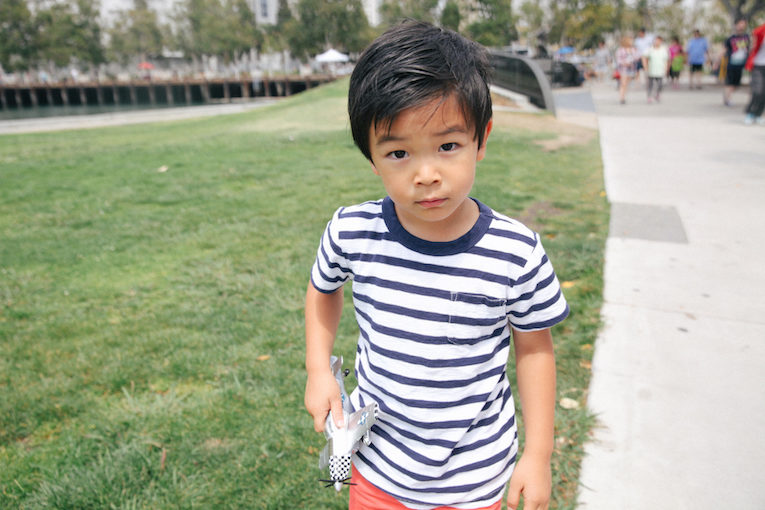
I just finished reading this book called Mindset: The New Psychology of Success by world-renowned Stanford University psychologist Carol S. Dweck and I can’t say enough good things about it. The book explains that we either approach life with a fixed or growth mindset. In the fixed mindset, our abilities and talents are carved in stone, we only have a certain amount of intelligence. In the growth mindset, our intelligence is cultivated through effort. Everyone has the ability to change and grow through their own experience. In the fixed mindset we believe we can learn new things but we can’t change our overall intelligence whereas in the growth mindset we can always substantially change how intelligent we are.
Let’s talk about this. How many of us have had self-defeating thoughts that we aren’t smart enough to take on a challenge? In the fixed mindset we start doubting our abilities but in the growth mindset we get excited about learning something new.
Now let’s apply this to parenting. My son Parker is three-years-old and he gets told he’s smart all the time. (Yes, I’ve even said it.) I know from basic parenting books that we’re not suppose to say “You’re smart!,” we’re suppose to say, “Wow, good job for trying so hard.” But why? What is so wrong about praising a kid’s intelligence? Well, it makes children doubt themselves when they face something hard or when something goes wrong. The minute they hit a speed bump, their confidence and motivation tumble. This leads kids to want to take on less challenging tasks, so that they can appear smart and perfect.
“If parents want to give their children a gift, the best they can do is to teach their children to love challenges, be intrigued by mistakes, enjoy effort, and keep on learning.”
So what can we say? We’re suppose to praise their efforts and strategies they used. “You really studied for your test and your improvement shows it. You read the material over several times, you outlined it, and you tested yourself on it. It really worked!” There’s also, “I like the way you tried all kinds of strategies on that math problem until you finally got it. You thought of a lot of different ways to do it and found the one that worked!” I like, “That homework was so long and involved. I really admire the way you concentrated and finished it.” Finally, when things aren’t going quite right there’s “Everyone learns in a different way. Let’s keep trying to find the way that works for you.”
I hope I can instill, in my kids, a love of learning.
The photo above, by Kilian Schonberger, reminds me of the beautiful twists and turns of life.








0 comments